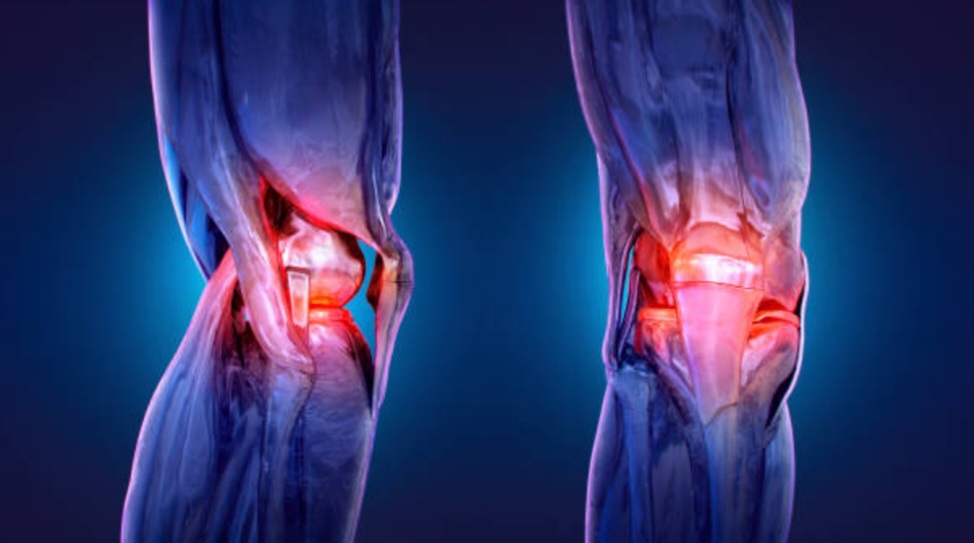
Esther Imonmion
Arthritis, one of the world’s most common chronic diseases, is tightening its grip on millions of lives and straining health systems worldwide. Fresh data warns of a rising tide of sufferers unless urgent preventive action is taken.
A Growing Global Challenge
The World Health Organization (WHO) estimates that more than 528 million people were living with osteoarthritis in 2019, a number projected to reach nearly 600 million by 2050. Women and those over 55 are disproportionately affected, but the disease is no longer confined to old age. Lifestyle factors such as obesity, joint injuries, and inactivity are driving cases among younger people.
Rheumatoid arthritis, a more aggressive autoimmune form, already affects 18 million people globally. In the United States alone, the Centers for Disease Control and Prevention (CDC) reports that 58.5 million adults have doctor-diagnosed arthritis — with more than 25 million experiencing daily activity limitations.
“Obesity, joint injuries and physical inactivity are accelerating joint damage. If these trends continue, the burden of arthritis will double within a generation,” warned researchers in a 2023 global health review.
Preventable, Not Inevitable
Despite its prevalence, experts stress that arthritis is not an inevitable part of ageing. Preventive steps can make a decisive difference.
WHO guidelines recommend at least 150 minutes of moderate exercise weekly, from walking to swimming, paired with strength training. Even modest weight loss has been shown to reduce the risk of osteoarthritis, particularly in the knees. Avoiding untreated joint injuries is equally critical.
Public health experts argue that raising awareness about prevention must become a cornerstone of global health campaigns.
Living with the Condition
For those already affected, early diagnosis and treatment can preserve mobility and quality of life. Management strategies include:
Pain relief and physical therapy for mild cases,
Advanced drug therapies for autoimmune types, and
Joint replacement surgery in severe cases.
“Early diagnosis, lifestyle adjustments, and appropriate therapy mean people with arthritis can still live active and productive lives,” the CDC noted in a 2024 advisory.
Economic and Social Costs
Beyond personal suffering, arthritis is now a leading cause of work disability worldwide, costing communities productivity and placing heavy demands on healthcare systems. With nearly one in four adults projected to develop arthritis in their lifetime, experts argue it must be treated as a public health and economic priority.
WHO has called for greater investment in rehabilitation programs, affordable medications, and long-term awareness campaigns.
“The numbers are climbing, but arthritis does not have to condemn people to disability. With preventive action and timely care, millions of cases can be managed effectively,” WHO stated.
